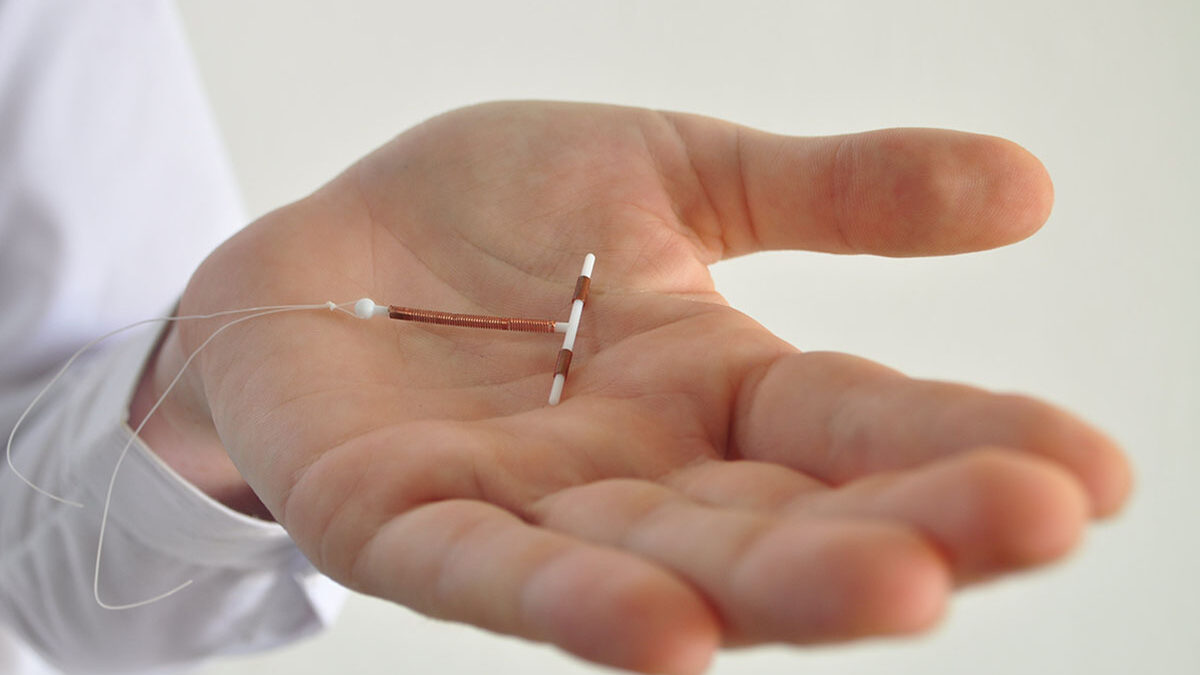When it comes to contraception, there is no shortage of options available to individuals seeking effective and convenient methods. Intrauterine devices, or IUDs, have emerged as a popular choice for birth control due to their high efficacy rates, long-term use, and minimal maintenance. In this blog post, we’ll explore the types, benefits, and considerations for IUDs.
Understanding IUDs:
An intrauterine device (IUD) is a small, T-shaped contraceptive device made of flexible plastic or copper that is inserted into the uterus to prevent pregnancy. IUDs are available in two main types: hormonal (levonorgestrel-releasing) and non-hormonal (copper).
Hormonal IUDs: These IUDs release a synthetic form of the hormone progesterone, levonorgestrel, into the uterus. This hormone thickens cervical mucus, inhibits sperm movement, and thins the uterine lining. These work to inhibit fertilization of an egg and sperm. Examples of hormonal IUDs include Mirena, Kyleena, Liletta, and Skyla.
Also, see our blog about a Generic Nuvaring
Copper IUDs: Copper IUDs do not contain hormones. Instead, they have a copper wire wrapped around the stem, which produces an inflammatory response in the uterus that is toxic to sperm, preventing fertilization of an egg. The most well-known copper IUD is Paragard.
Benefits of IUDs:
Long-Term Contraception: Depending on the type, IUDs provide contraception for several years—up to 3, 5, 8, or even 10 years—requiring minimal maintenance compared to other birth control methods.
– Paragard: Prevents pregnancy for 10 years.
– Mirena: Prevents pregnancy for eight years.
– Liletta: Prevents pregnancy for eight years.
– Kyleena: Prevents pregnancy for five years.
– Skyla: Prevents pregnancy for three years.
Highly Effective: IUDs are among the most effective forms of birth control, with a failure rate of less than 1%, meaning they are 99% effective in preventing pregnancy. Once inserted, their effectiveness is not reliant on user compliance.
Reversible: IUDs are reversible; they can be removed at any time by a healthcare provider, and fertility generally returns promptly after removal.
Hormonal and Non-Hormonal Options: Individuals have the choice between hormonal and non-hormonal IUDs, allowing them to select an option that aligns with their health and preferences.
Low Maintenance: Once inserted, IUDs require minimal attention. There are no daily pills to remember or weekly patches to apply.
Insertion:
IUD insertion is a quick and relatively simple procedure performed by a healthcare professional. After a pelvic exam, the IUD is inserted through the cervix and into the uterus. The T-shaped arms of the IUD open and position it within the uterus. IUDs can be removed by a healthcare professional whenever the individual desires for it to be removed or before the IUD has expired.
Considerations:
Period Changes: Hormonal IUDs may lead to lighter or absent periods for some individuals, while copper IUDs may cause heavier and more crampy periods.
Insertion Discomfort: Some individuals may experience mild discomfort during insertion, which typically subsides quickly.
Conclusion:
Intrauterine devices (IUDs) are an important asset to modern contraception, offering individuals a highly effective and long-lasting birth control option. Whether choosing a hormonal or non-hormonal IUD, the benefits of low maintenance, reversible contraception, and minimal user involvement make IUDs an attractive choice for those seeking reproductive control.
As with any medical decision, it’s essential to consult with a healthcare professional to determine the most suitable contraception option based on individual health, lifestyle, and preferences. IUDs empower individuals to take proactive control of their reproductive health and make decisions that align with their unique needs and goals.
References:
1) https://my.clevelandclinic.org/health/treatments/24441-intrauterine-device-iud
2) https://www.mayoclinic.org/tests-procedures/mirena/about/pac-20391354
3) https://www.cdc.gov/reproductivehealth/contraception/mmwr/spr/intrauterine.html
4) https://www.acog.org/clinical/clinical-guidance/practice-bulletin/articles/2017/11/long-acting-reversible-contraception-implants-and-intrauterine-devices












